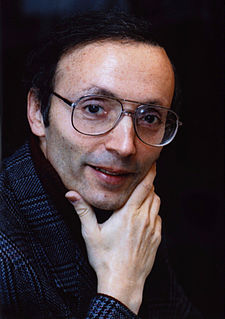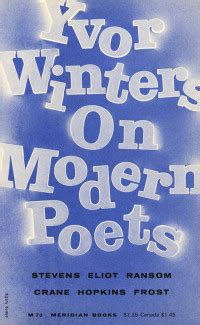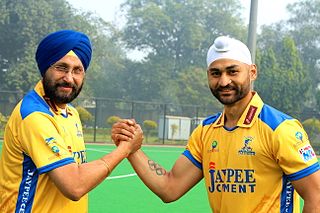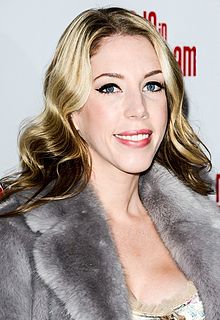A Quote by Edward Abbey
Most of what we call the classics of world literature suggest artifacts in a wax museum. We have to hire and pay professors to get them read and talked about.
Related Quotes
What I think about when I frequent the Museum of Natural History, the Metropolitan [Museum of Art], and I look at these artifacts that are taken out of context and how we're forced to view them as objects, as relics, as sculpture- static. But what's interesting is what it allows me to do in my head in terms of imagining what the possibilities are or imagining the role in which they played within a particular culture which I'm fascinated by.
We're at an interesting phase of Asian and Asian-American writing, where we might succeed in having readers look at us as creative individuals who write with fury and fire about the world, and in new ways, without having them say things like "I read a really good Indian book," or "That Malaysian fellow writes very well." So I hope by identifying as Indian I can get people who don't usually read "ethnic" or "Indian" literature to read that literature and enjoy it.
I still remember the time when I visited the wax museum in London. While there were statues of many sports personalities, including that of Sachin Tendulkar, I didn't see a wax figure of any hockey player. I was a little disappointed at that time, and I hoped that one day, at least in India, someone would make a wax statue of a hockey player.
From the simplest lyric to the most complex novel and densest drama, literature is asking us to pay attention. Pay attention to the frog. Pay attention to the west wind. Pay attention to the boy on the raft, the lady in the tower, the old man on the train. In sum, pay attention to the world and all that dwells therein and thereby learn at last to pay attention to yourself and all that dwells therein.
I personally have never trusted museums. ... It is because museums, broadly speaking, live off of the art and artifacts of others, often art and artifacts that have been obtained by dubious means. But they also manipulate whatever it is they present to the public; hence, until Judy Chicago, in the 1970s ... few women artists were hung in any major museum. Indian artists? Artifacts only, please. Black artists? Something musical, maybe? And so forth.
I have very close friends who are very devout Catholics, and I talked to them before the 'Da Vinci Code,' and it was very difficult for them, but I talked to them before 'Angels and Demons,' and they said the scandal, abuse of power and violence was part of church history, which you can read about in the Vatican bookstore.
When I decided to go to art school, it wasn't necessarily something I thought I needed. No one talked about graduate school when I was an undergrad. I went on to a residency at the Studio Museum in Harlem, and that transition from Yale to the Studio Museum, that was the real beginning of my professional career.



































